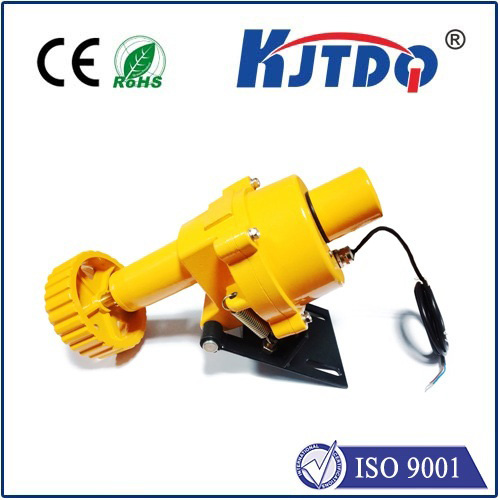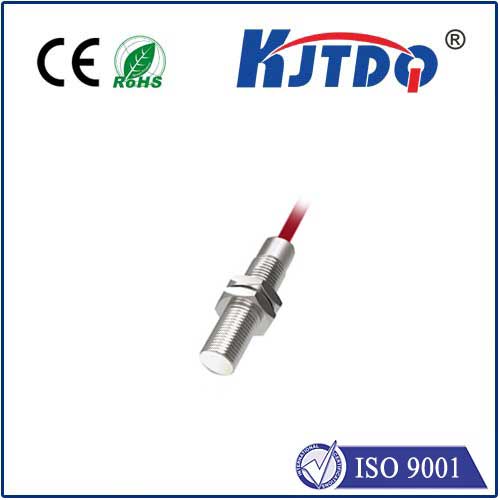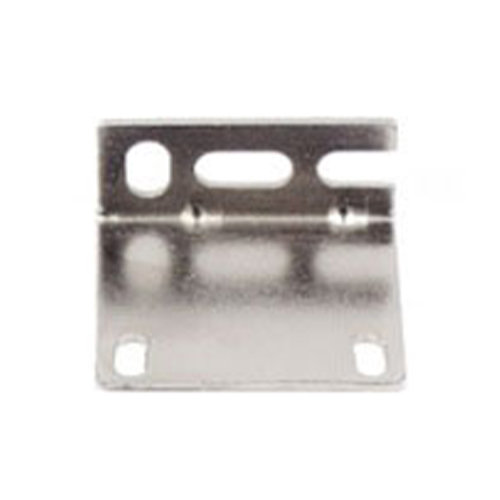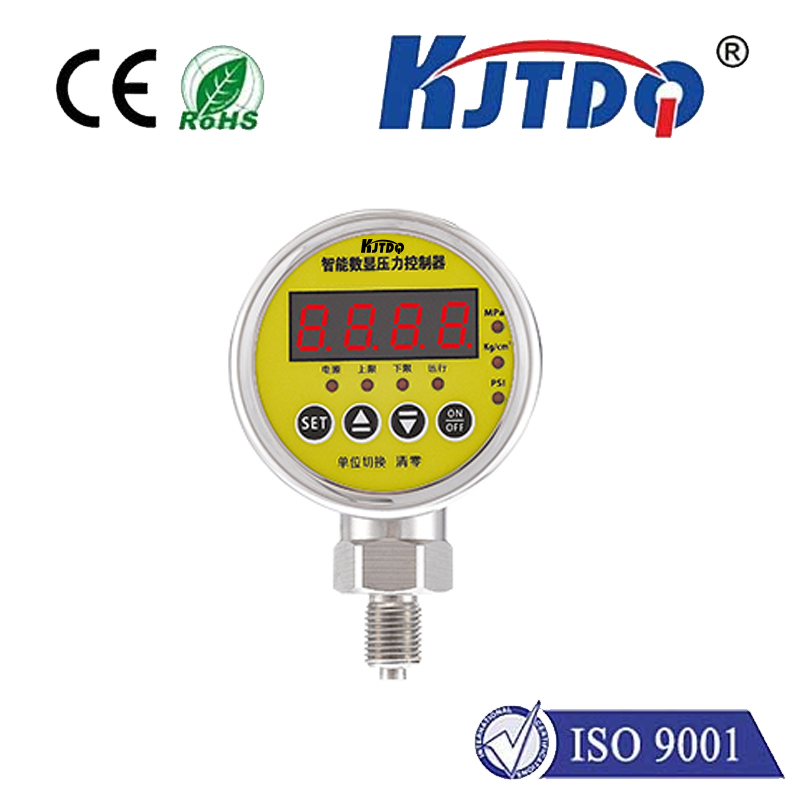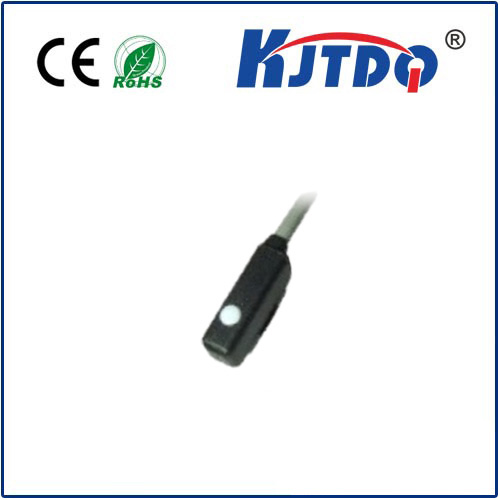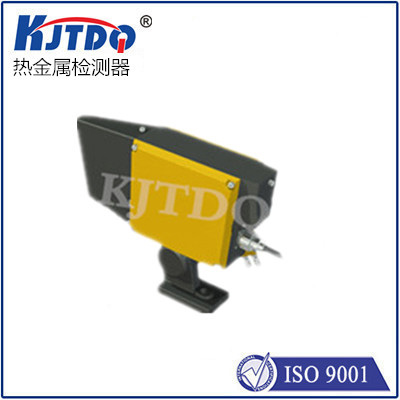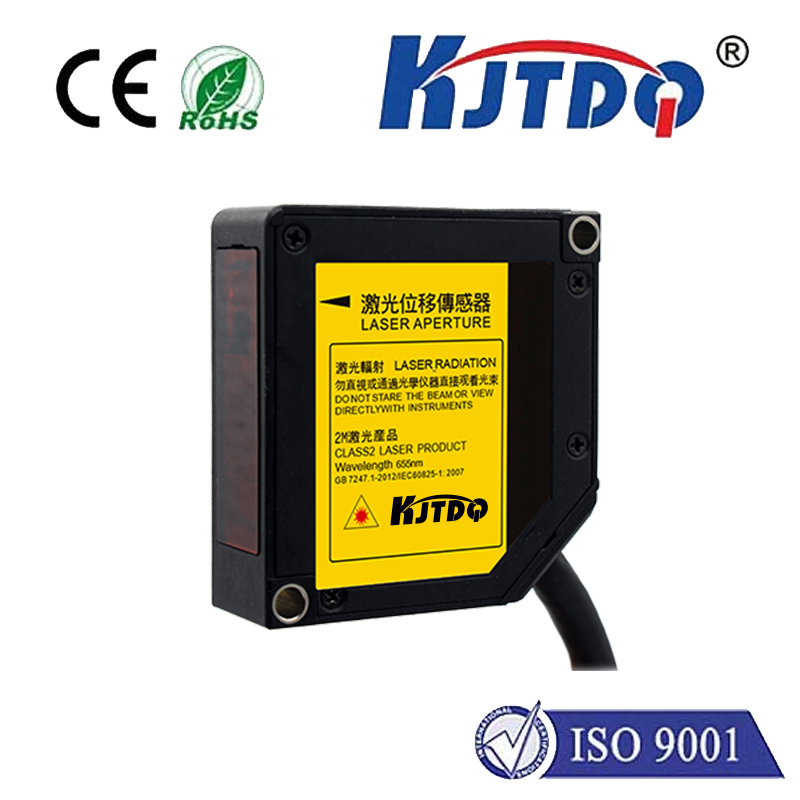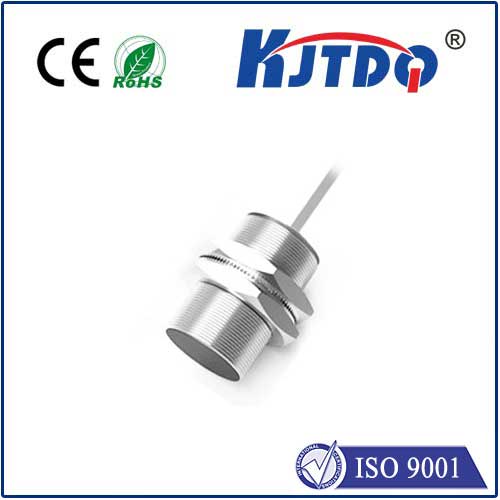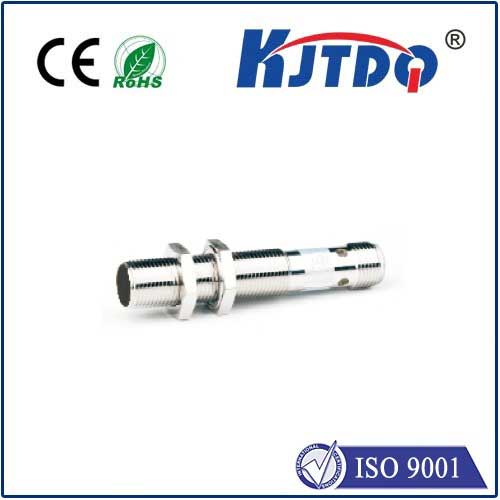In the vast world of industrial automation, there’s a hero that often goes unnoticed but plays a pivotal role in ensuring operations run smoothly. This silent champion is known as the industrial pressure transmitter. It may sound unassuming, but its significance in modern industry cannot be overstated. Let’s dive into what makes this device an essential component in various industrial processes.
An industrial pressure transmitter is a device designed to measure the pressure of gases or liquids in industrial systems and convert this measurement into a transmittable signal, usually electrical, for process control and monitoring purposes. These devices are integral to maintaining safety, efficiency, and quality control across countless applications, from oil refining to water treatment.
Modern industrial pressure transmitters come packed with features tailored to meet the rigorous demands of various industries:
Точность: Precision is paramount. High-quality pressure transmitters offer exceptional accuracy, ensuring reliable data for critical decision-making.
Долговечность: Built to withstand harsh environments, these transmitters are resistant to corrosion, extreme temperatures, and mechanical wear, making them suitable for challenging industrial settings.
Многогранный.: They can handle a wide range of pressures and are applicable to both static and dynamic measurements.
Communication Protocols: Advanced models come equipped with capabilities to integrate seamlessly with digital control systems through various communication protocols like HART, Profibus, or Foundation Fieldbus.
Простота установки и обслуживания: Designed for straightforward setup and minimal upkeep, reducing downtime and maintenance costs.

The role of industrial pressure transmitters extends beyond mere measurement. Here’s why they are indispensable:
Безопасность: In industries where pressure levels can indicate potential hazards, such as chemical manufacturing or oil drilling, accurate pressure monitoring is crucial for preventing accidents.
Optimization: By continuously monitoring pressure, industries can optimize processes, reduce waste, and enhance energy efficiency, contributing to cost savings and environmental sustainability.
Quality Control: Consistent pressure ensures product consistency and quality, which is vital in sectors like pharmaceuticals or food & beverage production.
Industrial pressure transmitters find applications across a myriad of sectors:
Oil & Gas: Monitoring well pressure to prevent blowouts and ensure efficient extraction.
Chemical Manufacturing: Ensuring precise pressure control for reactions and preventing equipment failure.
Power Generation: Managing steam pressure in turbines and boilers for optimal performance.
Water Treatment: Regulating pressure in purification systems to ensure water quality and system integrity.
Система отопления и кондиционирования воздуха: Maintaining comfortable indoor climates by controlling air pressure.
As technology advances, so too do the capabilities of industrial pressure transmitters. Emerging trends include:
Интеграция интеллектуальных технологий: Greater connectivity and smart sensor technology enabling real-time data analytics and predictive maintenance.
Energy Efficiency: Development of more energy-efficient models to support sustainable industrial practices.
Enhanced Durability: Innovations in materials science leading to longer-lasting and more resilient pressure transmitters even in the most extreme conditions.
Compact Designs: Miniaturization without compromising on performance, opening new possibilities for their use in confined spaces.
The industrial pressure transmitter might not grab headlines, but its impact on the backbone of global industry is undeniable. As industries continue to evolve towards greater automation, efficiency, and safety, the role of these unassuming yet highly sophisticated devices will only grow in importance. From ensuring the safe extraction of natural resources to maintaining the quality of our drinking water, industrial pressure transmitters stand as guardians of modern industry, quietly keeping the wheels of progress turning.
